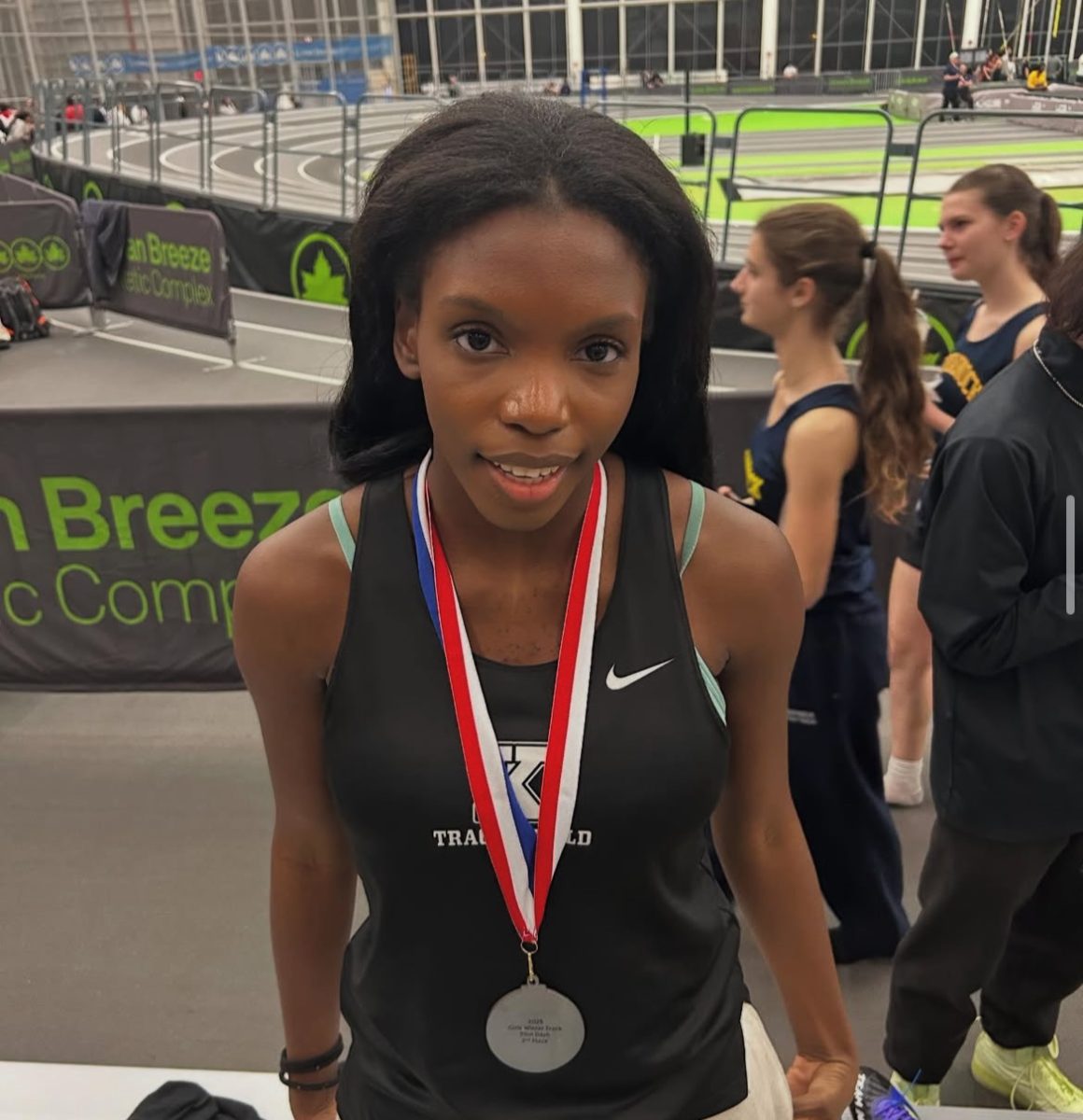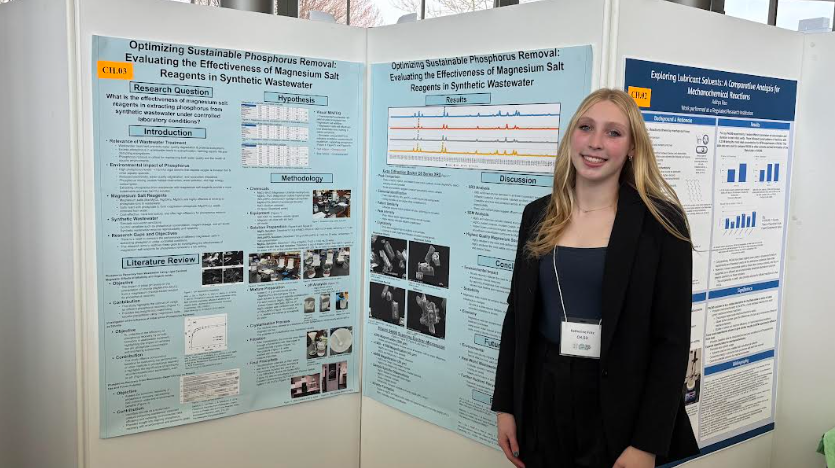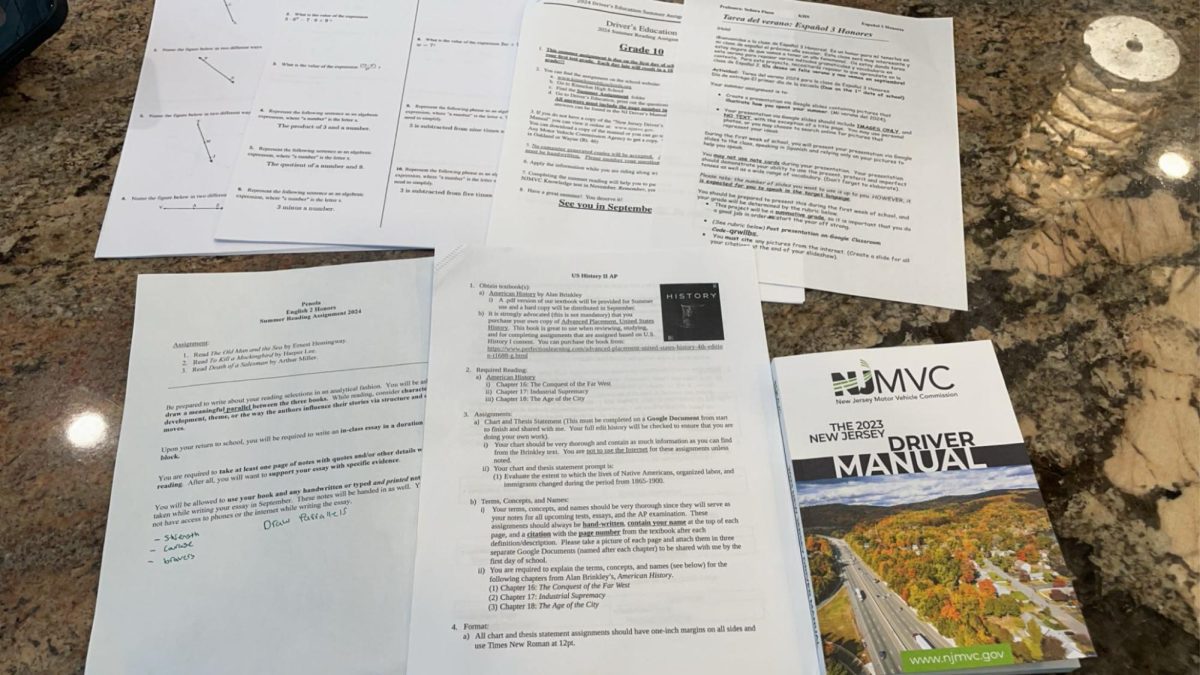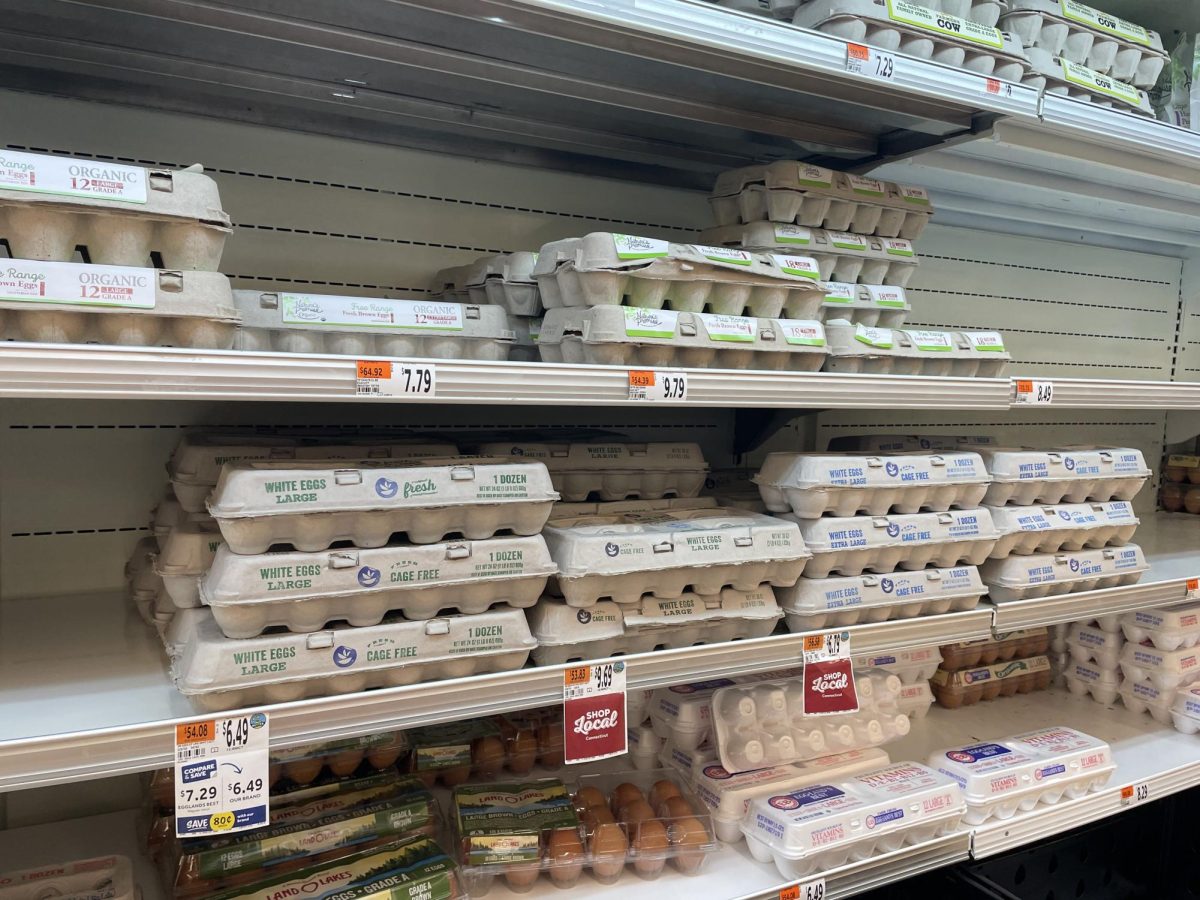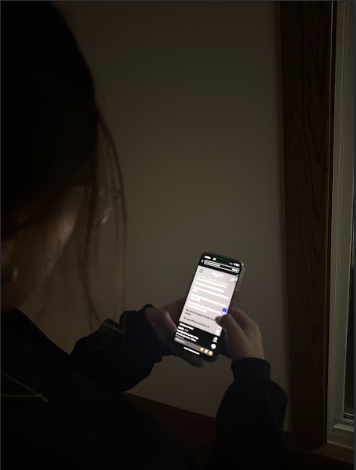A registered nurse of 20 years, Jody Schmalz, at RWJ Barnabas Health (formerly called Saint Barnabas Medical Center) received news on March 28 that the burn unit she had worked on for years would be transitioned to a COVID-19 Unit.
Schmalz recalls the first days of her transitioning were “very intense as [the unit] waited for our first COVID-19 positive patient to arrive. We had to prepare the rooms with equipment and discharge and transfer patients off the unit. There was a heightened level of concern because we knew that we would be directly in contact with the highly contagious virus.”
She describes the general reaction of her unit as “gearing up for a big fight.” She expressed how “we [the unit] banned together even more than before. We just did what we had to do to get the job done. It’s why I became a nurse, to help other people in need.”
With New Jersey being second in the country for confirmed cases (134,000 as of May 8) Schmalz was at the center of America’s toughest fight against the virus.
Essex County, where Schmalz’s hospital is located, is fourth in New Jersey for confirmed cases of COVID-19, and first in deaths (8,801 at the time of writing).
Schmalz says adjusting and accommodating to the rapid changes was “challenging at times.” She goes on to explain, “Every morning we would have a meeting to discuss how we were going to care for these patients. And on a daily basis procedures and processes changed. It was like riding a wave. You just go with the flow.”
When asked how she prevents the virus from spreading from work to home, Schmalz says, “I change my scrubs before I get home, wipe down my I.D. & my phone. I also leave my sneakers at work. My scrubs are in a sealed bag and left outside for a few days. Then they are washed separately in hot water. I also shower as soon as I get home.”
At RWJ Barnabas Health, nurses do not receive hazard pay (additional pay for performing hazardous duty or work involving physical hardship) but a singular compensation pay called a “Healthcare Hero Bonus Payment.”
“It is based on your level of exposure and how many hours you worked,” Schmalz explained.
It’s not all bad news. Schmalz says, “Things are getting better because there are less COVID admissions, most people in my unit are healing and going home.”
When asked one thing she wanted to tell the public as a nurse, she said, “In the midst of chaos we [Americans] must ban together and ALL have a role to play in this war against COVID-19. It hit the reset button for us. We need to remember what’s important. Your health, your family, and being kind.”


